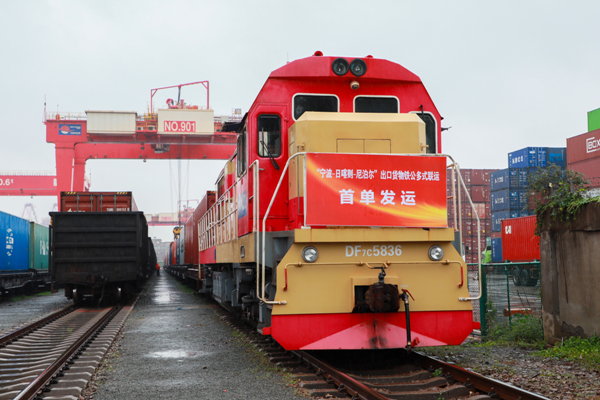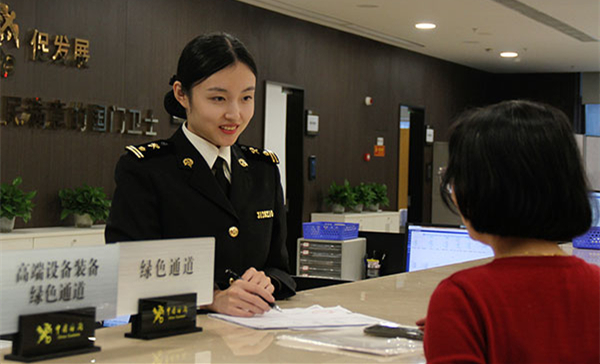Nation marks 20th anniversary of joining WTO
Imports expanded
Yi Xiaozhun, the WTO's former deputy director-general, praised China's contribution to the global economy through expanding imports.
Over the past 20 years, China has risen from sixth place in the world to first for its trade in goods, and from 11th place to second for its trade in services. It has also become the world's largest exporter and second-largest importer.
The nation's total trade value soared by 810 percent from 2001 to last year, compared with a 180 percent rise in overall global trade during this period, according to the United Nations Conference on Trade and Development, or UNCTAD.
With a population of 1.4 billion and a middle-income group of more than 400 million, China's annual imports of goods and services are valued at about $2.5 trillion.
Yi, who is also a former vice-minister of commerce, said: "Imports of merchandise to China leaped to $2.06 trillion last year, up from $244 billion in 2001. This is a significant contribution to the world economy, and one that is too often overlooked.
"China is one of the very few major developing countries which has committed to granting duty-free treatment for up to 97 percent of products made by least developed countries, or LDCs," he said. Since 2008, the nation has become the leading export destination for such countries, taking some 25 percent of their total exports, Yi added.
Li Xingqian, director-general of the Department of Foreign Trade at the Ministry of Commerce, said at a recent media conference in Beijing, "The world's second-largest importer for 12 successive years, China accounted for 11.5 percent of global imports in 2020, and the figure rose to 12 percent during the first half of this year.
"During the 14th Five-Year Plan period (2021-25), China will further emphasize expanding imports to benefit our trading partners, and also share development opportunities with the rest of the world."
Liu Jie, general manager of Optima Integration Group, a leading frozen products import service platform in China, said her company has witnessed how the nation's increased imports have benefited companies in this sector throughout the world.
"Our clients always say that China is a genuine advocate of opening-up and free trade. They say that it keeps its promise and has taken concrete action to open up its vast domestic market to foreign enterprises," Liu said.
The nation has not only reduced tariffs, but also continues to remove non-tariff trade barriers and adopt trade facilitation measures such as simplified customs procedures, Liu added.
She cited meat imports as an example. In 2001, China authorized only a few factories to export meat to its huge market. But now about 2,110 have permission to do so. In addition, it now takes only about 30 minutes using single-window customs services to clear meat imports, compared with several days in the past, Liu said.
"China has become the world's largest meat consumer. Its stable economic growth promises more opportunities for its trading partners," she added.
The nation's expanding imports have created more business opportunities for the rest of the world, and the China International Import Expo, held annually in Shanghai since 2018, is testimony to this.
An icon of the nation's opening-up and international cooperation, the expo has expanded, and the total exhibition area reached 366,000 square meters this year, with tentative deals totaling $70.72 billion.
Some 3,000 businesses from 127 countries and regions attended the event, including more than 280 of the world's top 500 enterprises.
A recent report shows a rise of 7.7 percentage points in the country's share of global imports from 2001 to last year, while those of major economies such as the European Union and the United States fell, except for South Korea, with a 0.4 percentage point rise.
The report was jointly released last month by the Business School and the China Institute of Education and Social Development at Beijing Normal University.
China's domestic market has become a stabilizer for the global economy and trade, the report said.

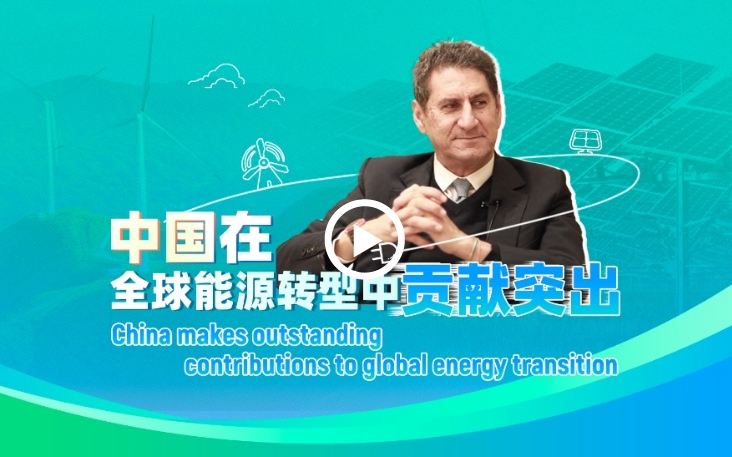 China makes outstanding contributions to global energy transition
China makes outstanding contributions to global energy transition 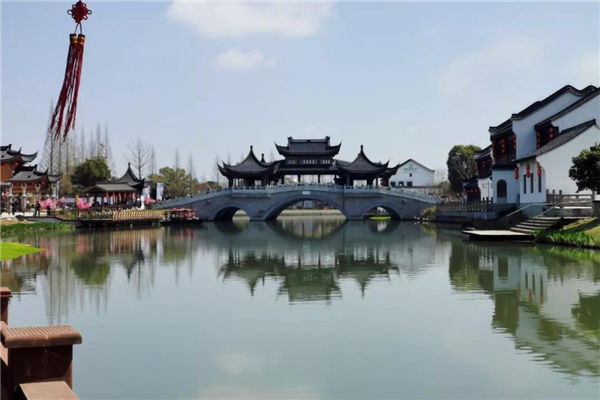 Ningbo village inspires Malawi official
Ningbo village inspires Malawi official 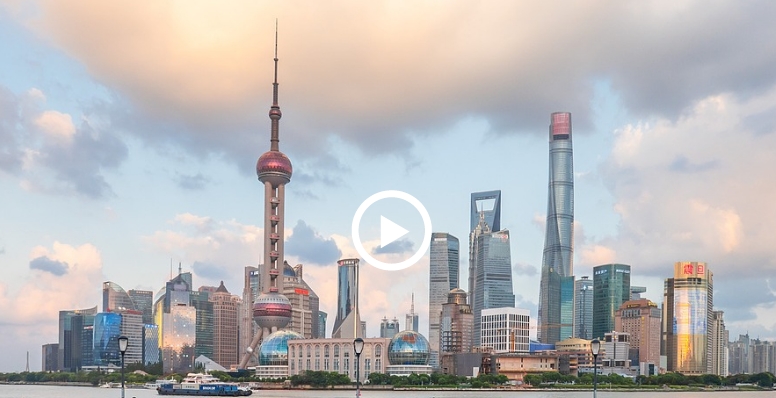 A look at China's economic data in the first three quarters of 2024
A look at China's economic data in the first three quarters of 2024 
